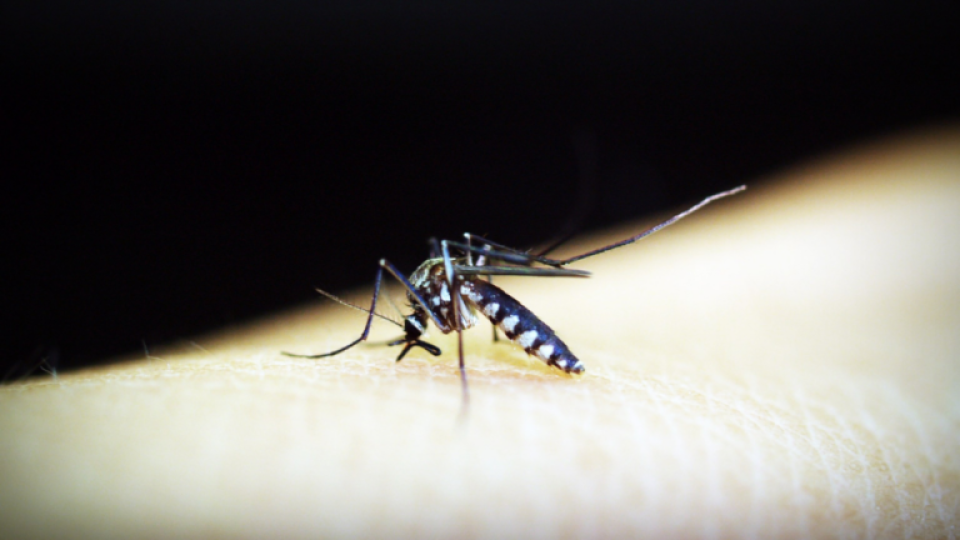September 13, 2024
MANILA – The Department of Health (DOH) on Thursday urged the public to intensify measures to protect themselves from dengue as it observed a continuous upsurge in cases nationwide, reaching almost 6,000 per week.
This was higher than the 5,100 cases registered in 2019, the last time the DOH declared a national epidemic.
Since the start of the year up to Sept. 6, a total of 208,965 dengue cases have already been reported, equivalent to 5,875 cases weekly.
The figure was 68 percent higher than the previous year’s tally of 124,157 during the same period.
A total of 546 deaths, on the other hand, have been registered, for a lower case fatality rate (CFR) of 0.26 percent compared to the CFR of 0.39 percent during the same period in 2023.
READ: Dengue cases nationwide rise by 25% in early August – DOH
Need to address situation
“We are witnessing a continued and seasonal rise in dengue cases. It is crucial that we take immediate and concerted action to address this situation brought about by the rainy season. A smaller proportion of case deaths may be attributed to better health-seeking behavior and also management at hospitals,” Health Secretary Teodoro Herbosa said in a statement.
All regions except Mimaropa, Bicol Region, Zamboanga Peninsula and Bangsamoro Administrative Region in Muslim Mindanao have shown an increase in cases in the past weeks.
The DOH does not release specific names of local governments to allow them to carry out their coordinated risk communication, community engagement and response to localized dengue outbreaks, as provided under Section 7 of Republic Act No. 11332.
In August, Herbosa said he was set to declare a national dengue epidemic after noting that “dengue cases have reached outbreak levels,” based on his discussion with the DOH Epidemiology Bureau.
The DOH last declared a national dengue epidemic in August 2019, when infection rates reached a “staggering” 5,100 cases per week.
An epidemic declaration would allow the national government to identify where a localized response was needed, and enable local government units to use their quick response fund to address the large-scale outbreak.
New anti-dengue approach
The DOH is set to conduct a study on the use of the Wolbachia bacteria as a novel approach to reduce dengue transmission in the country.
According to the World Mosquito Program (WMP), Wolbachia is an extremely common bacteria that “blocks viruses like dengue, chikungunya and Zika from growing in the bodies of Aedes aegypti mosquitoes,” reducing their ability to transmit viruses to people.
Breeding Wolbachia mosquitoes and releasing them in areas affected by mosquito-borne diseases would then reduce the risk these pose to communities.
The WMP said the project has been carried out in 14 countries, including Indonesia, Laos, Sri Lanka and Vietnam in Southeast Asia, noting that in “areas where Wolbachia is self-sustaining at a high level, dengue transmission has been significantly reduced.”
The DOH, meanwhile, urged people to eliminate mosquito breeding grounds by getting rid of stagnant water, using self-protection measures like insect repellent and wearing long-sleeved shirts and long pants, and consulting at once a doctor or health worker for any symptoms.


